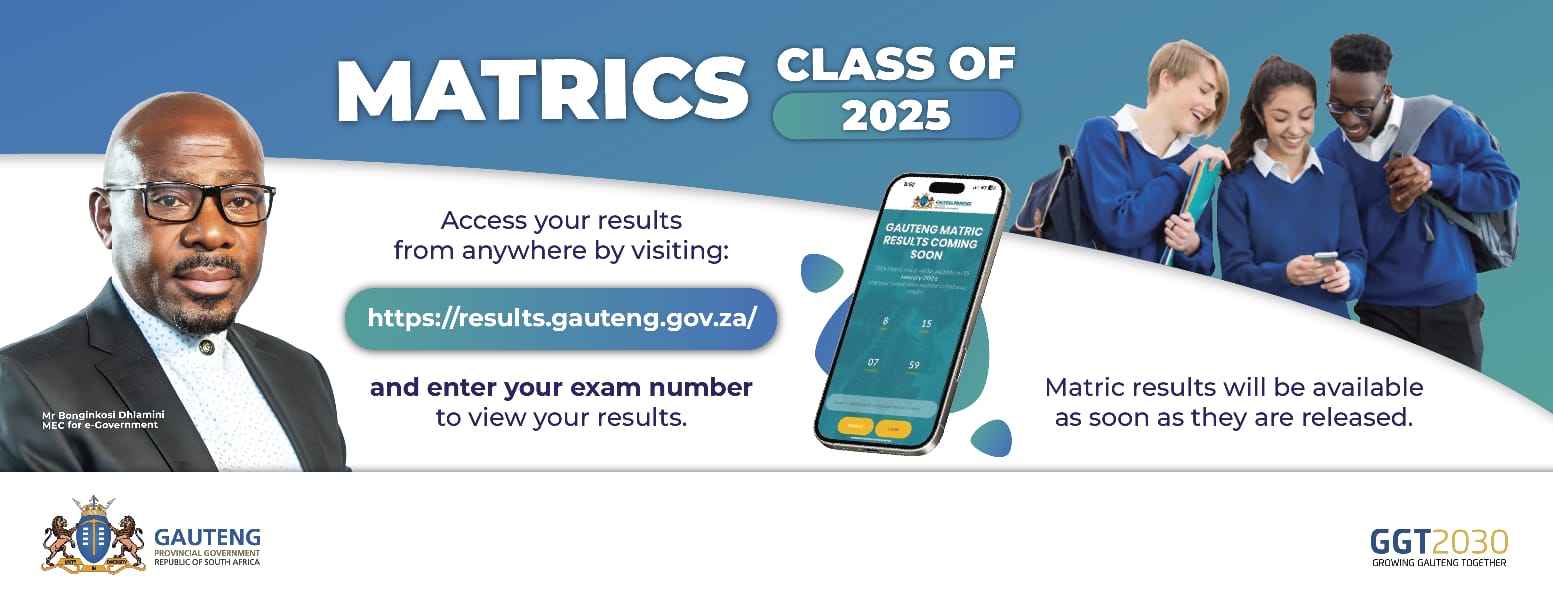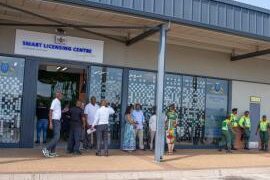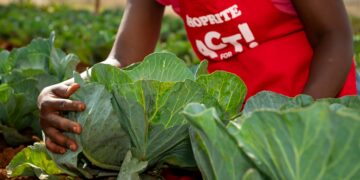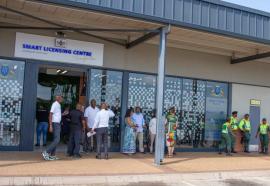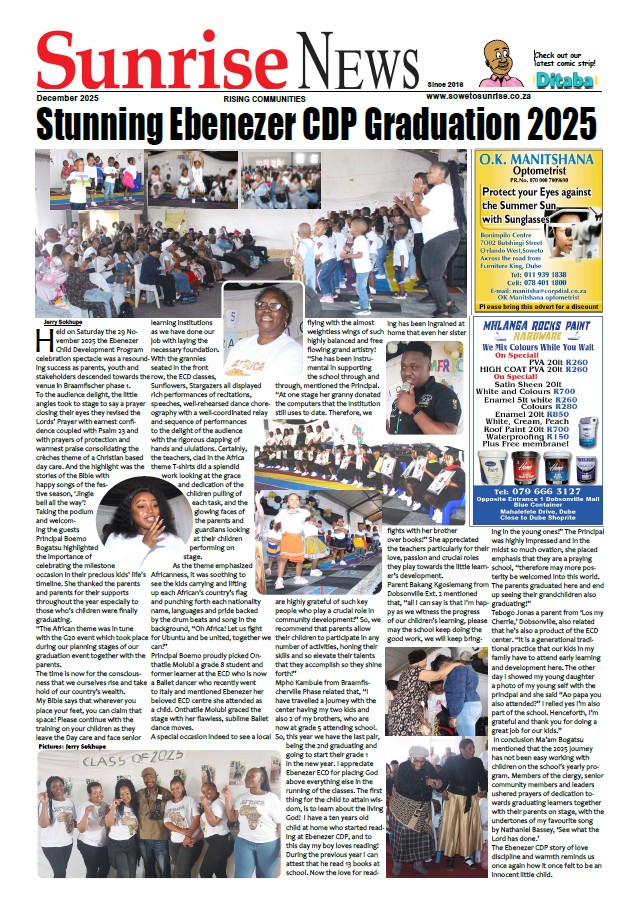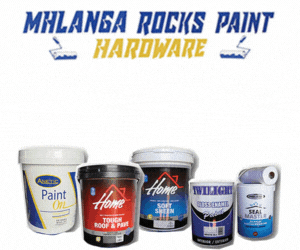As Grade 9 students prepare to select their subjects for Grade 10 and beyond, it is vital to take into account the critical link between these subject choices and their impact on a student’s Admission Point Score (APS). This key metric is used by universities to determine eligibility, and by making informed choices, parents and students can strategically position themselves for academic success and future opportunities, an expert says.
South Africa’s public universities are only able to accommodate a fraction of applicants annually, creating a highly competitive landscape. The APS, calculated from a student’s top six subjects (excluding Life Orientation) in the National Senior Certificate (NSC), is the cornerstone of university eligibility.
Each subject contributes points based on final exam results, making Grade 9 subject choices a pivotal decision that directly impacts a student’s APS and future prospects. It is important to note that the APS applies to public universities, but that a private higher education institution such as The Independent Institute of Education has multiple pathways to support students in building the career or profession they desire to follow.
HOW STRATEGIC SUBJECT CHOICES CAN BOOST APS SCORES
Darren Purdon, Academic Project Manager at ADvTECH, Africa’s leading private education provider, explains: “Grade 9 subject choices are a critical step in shaping a student’s future APS. By selecting subjects that align with their strengths and interests, students can maximize their scores, improving their chances of securing public university placement.”
The APS rewards strong performance, but subject selection is not about choosing the hardest subjects, it’s about choosing the right ones, Purdon says.
“A common misconception is that Mathematics and Physical Sciences are mandatory for public university admission. While essential for fields like engineering or medicine, many programmes, including humanities, social sciences, business, and education, accept Mathematical Literacy.
“For students who struggle with Mathematics, opting for Mathematical Literacy can lead to higher marks, and thus a higher APS. For example, a 75% in Mathematical Literacy contributes more APS points than a 40% in Mathematics, significantly boosting admission prospects.”
Parents often push students toward Mathematics and Physical Sciences, believing they’re the only path to success, Purdon notes.
“However, while we will always advise those who are able to, to pursue Mathematics, a lower score in a misaligned subject can drag down the APS, limiting opportunities. Choosing subjects where students excel is key to achieving a competitive score.”
LIEB CURRICULUM AND SUBJECT DEPENDENCIES
In the IEB curriculum, subject dependencies add complexity to APS planning. For instance, Physical Sciences requires core Mathematics, meaning a switch to Mathematical Literacy in Grade 11 forces students to drop Physical Sciences and potentially pick up new subjects midstream.
This can disrupt academic progress and lower APS potential due to the challenge of mastering new material.
“This is why your choices in Grade 9 are so important,” says Purdon.
Purdon says where possible, Grade 9 students should be assisted with analytical tools to maximise their APS from as early as possible. LADvTECH schools utilise AI supported tools to enable students to:
• Explore career paths and make informed subject choices, and
• Track performance in Mathematics, Physical Science, Mathematical Literacy, and English to evaluate suitability for these subjects.
BEYOND APS: LIFE ORIENTATION AND ALTERNATIVE PATHWAYS
While Life Orientation is excluded from APS calculations, some programmes, such as Health Sciences, may require a minimum achievement level (e.g. 80%). Strong performance in all subjects, including Life Orientation, also builds skills like critical thinking and resilience, which support academic success.
“For students not pursuing higher education, a high APS can still enhance access to vocational training, addressing South Africa’s shortage of skilled artisans in fields like construction and manufacturing,” Purdon says.
He adds that choosing subjects based on external pressure rather than aptitude can lead to stress, burnout, and lower marks, directly impacting APS scores.
“When students are passionate about their subjects, they perform better, which translates to a higher APS. This not only improves university prospects but also supports mental well-being.”
Purdon says parents and students should approach their subject choice selection with a firm focus on APS optimization.
“By fostering open discussions, leveraging school support systems, and using the right tools, families can ensure choices that maximize APS scores and unlock a range of future opportunities.”
Soweto Sunrise News
